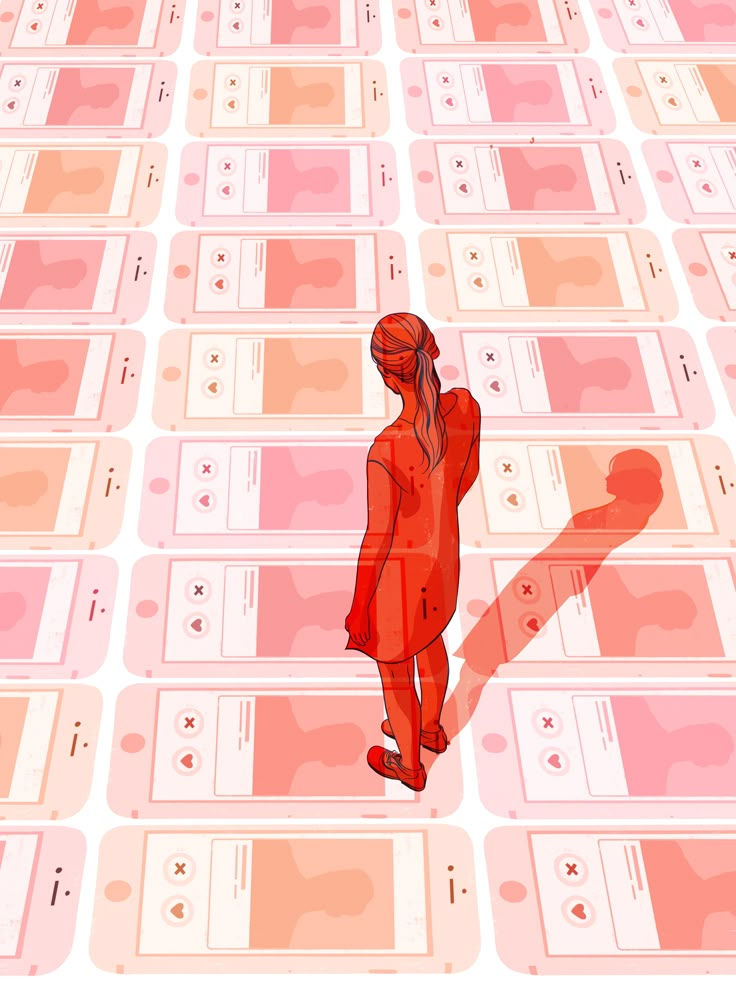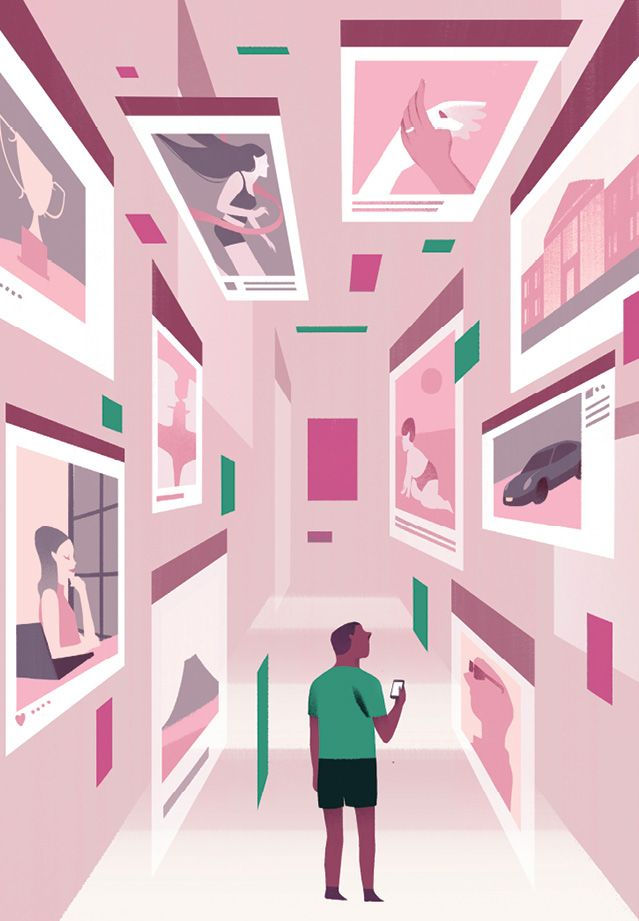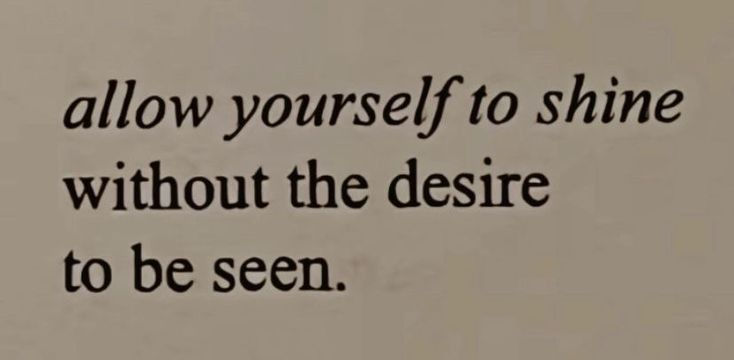I May Be Cringe, But I Am Safe
- Anna Redd
- Mar 20, 2025
- 4 min read
Biggest Concern: Safety for LGBTQ+ and Minority Users

My largest concern is the safety of LGBTQ+ individuals and minority groups who might be victims of sexual harassment, violence, or romance scams on dating apps. In the current political state of America, queer and transgender people of color are particularly at risk for violence. According to the Human Rights Campaign (HRC) Epidemic of Violence Against the Transgender & Gender-Expansive Community in the U.S. report, “HRCF has recorded the deaths of 372 transgender and gender-expansive victims of fatal violence—including at least 36 deaths in the last 12 months.” They also recorded that over 20% of these victims were killed by an intimate partner (Human Rights Campaign, 2024). Dating apps, with their ability to allow people to catfish and kittenfish, make this kind of violence easier to perpetrate. In a survey highlighted by Swipe Left on Sexual Harassment, “in a survey of U.S. youths aged 13 to 18, respondents identifying as bisexual, questioning, gay, lesbian, queer, or transgender all reported experiencing sexual harassment online between 2.5 and 8 times more often than their heterosexual and cisgender peers” (Mitchell et al., 2014).
Personal Experience: Navigating Safety Concerns
One of my longest friendships is with my trans friend, Bella. I’ve watched them grow up, come out, navigate being gay in a small rural town, move to a bigger city, and grow into themselves. It’s actually really beautiful when I think about it—going to make myself tear up. But I’ve also seen and been there with them through their dating experiences. In our small, red county, there were only two publicly out people, Bella included. Bella’s only option to gain early dating experiences and meet other gay people was through dating apps like Tinder and Grindr.

My concern for safety started when Bella told me about meeting up with boys from different schools, neighboring towns, and slightly older boys (Bella was 14, dating 17/18-year-olds for clarification). Even boys from our own school, who were publicly straight, would be intimate with Bella in secret and then joke or shame them at school or behind their back. Thankfully, none of these interactions led to anything dangerous or violent, but the possibility was always there, and I don’t think it was conducive to Bella’s emotional growth during that time.
One thing that did make me feel better was that Bella always told me when they were seeing someone or meeting up. We’ve always had each other’s location. They would also sometimes have me help them look someone up (I’m the FBI agent friend) to make sure their profile was real. These are both tips that RAINN’s Tips for Safer Online Dating and Dating App Use also suggests (RAINN, n.d.).
Efforts to Improve Safety: Match Group’s Approach
When I looked more into dating app safety, I learned that the new head of trust and safety for Match Group (owner of many popular dating apps like Match, Tinder, and Hinge) is the old head of trust and safety for Twitter (I’m not calling it X, ugh), Yoel Roth. Match has been known for its lack of action when it comes to addressing romance scams, sexual harassment, and violence on its apps. In an interview with Wired, Roth talks about how he’s still new to the job after leaving Twitter in November due to its decline with Elon Musk. He says that Match Group aims to “clean up” dating apps by adding identification features, “like fighting scams or offering people the ability to verify that they are who they say they are” (Matsakis, 2024). I also found other articles stating that Match Group and Roth plan to implement AI with features to blur photos, suggest rewrites for potentially harmful messages, and report scams and bots.

I believe this is a step in the right direction for addressing safety concerns, but after reviewing Match Group’s history, it seems like a long-overdue change—something users have had to beg for. AI will likely help mitigate violence on these apps, but I’ll be interested to see how quickly Match Group actually implements these safety features.
Effective Safety Tips
Aside from the standard safety tips—like telling someone when/where you’re meeting up with someone IRL, knowing when to un-match/report someone, and familiarizing yourself with the app’s safety features—I really resonated with these specific dating trends that Tinder laid out (Tinder’s Campus Crush Dating Guide, 2024).
“Dating Starts With Me”
As someone who’s currently in therapy (which I would recommend to anyone), I agree with Tinder when they say, “working on yourself through therapy, self-care, and self-discovery before stepping into the dating pool is a priority.” Knowing yourself, your boundaries, your wants, and your needs is crucial for healthy relationships. Also, emotionally stable and emotionally vulnerable people are soooo attractive lol.
“Welcome to My Manifestation Era”
According to Tinder, Gen Z says the zodiac is out, and manifestation is in. Though I definitely follow my horoscope and use it as a way to fuel my intuition, I often say, “speak it into existence.” This isn’t just a way to manifest but a way to motivate yourself. The more you put things into words and say them intentionally, the more you will believe them. I’m not sure I’m there yet, but when I’m ready to date, I’m sure I’ll start saying, “I am a dater” or “I identify as someone who is currently ‘dating.’”
“I Am Cringe, but I Am Free”
If this isn’t my life motto, I don’t know what is. I’ve always been self-conscious about being cringe or annoying. But as I’ve grown up and learned more about myself, I’ve come to realize that I really like who I am and all of my qualities (not to get too egotistical). Spending time alone in college has helped me enjoy my own company. Cringe is funny, people’s humor can be cringe, and it’s all interchangeable. But once you reach acceptance, that’s when you can truly live.
References
Human Rights Campaign. (2024). Epidemic of violence against the transgender & gender-expansive community in the U.S. Retrieved from https://www.hrc.org/press-releases/hrcs-2024-epidemic-of-violence-report-fatal-violence-against-transgender-and-gender-non-conforming-people-continues-with-black-trans-women-comprising-nearly-half-of-the-deaths
Matsakis, L. (2024). Yoel Roth talks dating app safety at Match Group. Wired. Retrieved from https://www.wired.com/story/yoel-roth-twitter-trust-safety-match-dating-apps/
Mitchell, K. J., Finkelhor, D., Wolak, J., Ybarra, M. L., & Turner, H. A. (2014). Youth internet victimization in a broader victimization context. Journal of Adolescent Health, 53(6), 713-719.
RAINN. (n.d.). Tips for safer online dating and dating app use. Retrieved from https://www.rainn.org/articles/online-dating-safety-tips
Tinder. (2024). Tinder’s campus crush dating guide. Retrieved from https://filecache.mediaroom.com/mr5mr_tinder/179365/Tinder%27s%20Campus%20Crush%20Dating%20Guide.pdf








Hey Anna! I find your blog posts to be incredibly relatable and always leave with more than when I started reading, so thank you! This post in particular resonated with me. It is a very scary time to be part of the LGBTQ+ community. It's difficult to have this experience and watch many queer friends navigate the same troubles, especially when dating and ESPECIALLY online. I also like that you discussed your trans friend, Bella's experience. I think the articles this week, although very informative, failed to mention how common it is for teens to be on these apps and experiencing sexual violence. They are an even more vulnerable group and are less likely to report these incidents, knowing they…